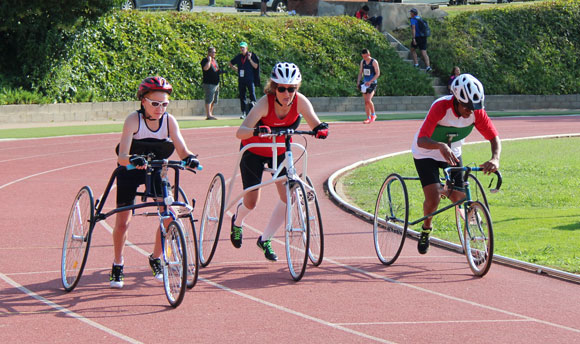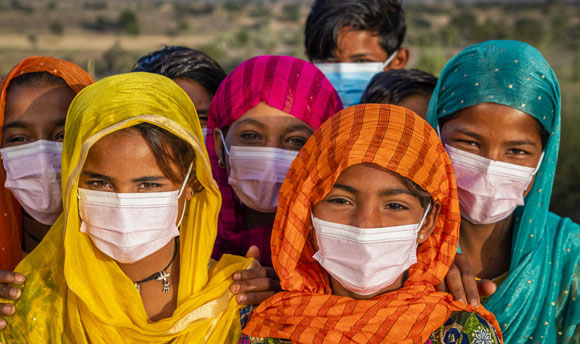Resources- Intervention and Evaluation
In this strand, Strategic Intervention and Evaluation, we will analyse both the institutional and community factors that facilitate and constrain interventions. We will then use these to identify strategic actions, in order to increase service accessibility, accountability and quality.
Again deploying innovative methodologies, we will evaluate the impact of these strategic actions. Our focus will be on care delivery and uptake, at the interface between health systems and communities.
View the NCD policy brief:
Dynamics of Non-Communicable Diseases: Prevention, Diagnosis and Control in Lebanon
View the mental health policy brief:
NCD clinical deskguide
RUHF researchers, the Ministry of Health (MoH) and other relevant stakeholders have finalised a desk guide, for uncomplicated non-communicable diseases (NCDs) and mental health (MH) cases.
This deskguide is designed for qualified clinicians, such as doctors, community health officers (CHO) and mental health nurses in Sierra Leone.
It is a concise 'quick reference' to identify, diagnose and treat NCDs, such as hypertension and diabetes, and MH issues, such as depression.
The deskguide has been adapted to the Sierra Leone population and context, and is complemented with a facilitator course guide.
View the Sierra Leone NCD clinical desk guide:
Non-Communicable Diseases: Diagnosis and Treatment Deskguide
View the facilitator course guide:
Facilitator Course Guide: Non-Communicable Diseases Deskguide Training
"Health systems research in fragile settings"
The work of RUHF featured in an editorial in the Bulletin of the World Health Organisation in June.
This editorial outlined the strategic approach of the unit, and the importance of considering the interface between the health system and community structures in contexts of fragility.
View the WHO bulletin editorial:
‘A Community–Based System Dynamics Approach for Understanding Factors Affecting Mental Health and Health Seeking Behaviors in Beirut and Beqaa Regions of Lebanon ’
Researchers from RUHF - Aya Noubani, Karin Diaconu, Lilian Ghandour, Maria El Koussa, Giulia Loffreda and Shadi Saleh - conducted research fieldwork in Lebanon, both in Beirut and Beqaa.
The findings were presented by Aya Noubani in October at QMU, Edinburgh and King's College London, as part of the "Research for Health in the Syrian Conflict" conference.
View the slides used in the presentation:
Mental health in Lebanon
View the video recording of the discussion:
Aya Noubani’s seminar on Mental Health in Lebanon
Data Collection in Contrasting Contexts of Fragility: Reflections and Insights from Lebanon by Maria El Koussa and Nadine Zablith
From anxiety to self-actualisation: a personal reflection one year into my doctoral journey by Abdulai Jawo Bah
Breaking the silence on mental health in Lebanon by Aya Noubani
Community-based approaches to psychological distress: hopes for change in Sierra Leone by Dr Rebecca Horn
Exploring community perspectives on mental health in Sierra Leone by Amjata Bayoh
Research impact and Policy Influence: On Bricks and Visions by Professor Alastair Ager
Reflections on coronavirus, fragility, resilience and craftivism from the CDG transit lounge by Dr Rebecca Horn
Psychological First Aid: A core skill for responders in the COVID-19 outbreak – but not a cheap, quick fix by Dr Rebecca Horn







